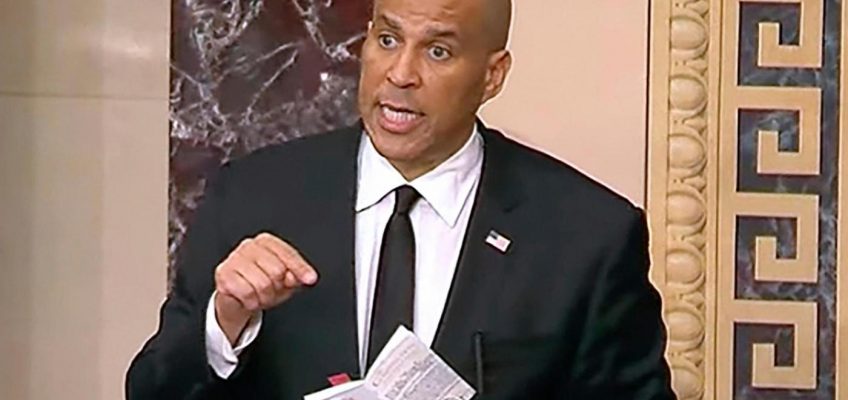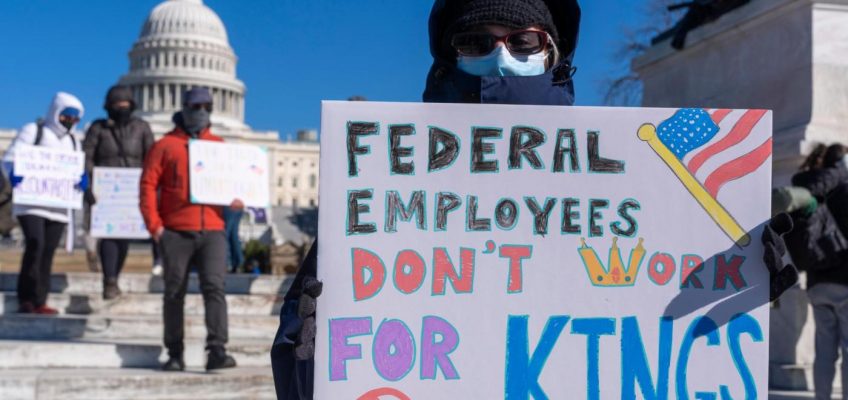By BEN FINLEY
In the 22 days since Maryland resident Kilmar Abrego Garcia was mistakenly deported to a notoriously violent prison in El Salvador, his young autistic son has sought comfort in the scent of his missing father’s clothes.
“Although he cannot speak, he shows me how much he missed Kilmar,” Abrego Garcia’s wife, Jennifer Vasquez Sura, said in court documents. “He has been finding Kilmar’s work shirts and smelling them, to smell Kilmar’s familiar scent. He has been crying and acting out more than usual.”
Abrego Garcia, 29, who worked as a sheet metal apprentice and was pursuing his license to become a journeyman, was pulled over in an Ikea parking lot and arrested on March 12, with his 5-year-old son in the car.
President Donald Trump’s administration acknowledged Monday that sending Abrego Garcia to his native El Salvador was an “administrative error.” An immigration judge in 2019 had granted him protection from being deported back to El Salvador, where Abrego Garcia was likely to face persecution by local gangs.
Despite this, White House officials have argued against bringing him back, alleging without showing proof that Abrego Garcia has ties to the MS-13 gang. The administration further says it lacks the power to seek his return from El Salvador’s government.
Abrego Garcia’s family and attorneys have denied any gang ties and argue that the U.S. has little evidence to support its claim.
His deportation and the government’s admission of its error sparked immediate uproar.
“No one should be deported to the very country where a judge determined they will face persecution,” Maryland Gov. Wes Moore, a Democrat, wrote on the social platform X on Tuesday. “It’s outrageous that due process means nothing to the federal administration. They’ve admitted to making an error and I urge them to correct it.”
Moore added that “we can be pro-public safety and pro-Constitution at the same time.”
Related Articles
US judge orders Trump administration to restore legal aid to unaccompanied migrant children
Judge holds ICE agent in contempt after he detained suspect during a trial
Most immigrants at risk of deportation from US are Christian, report finds
Cornell student protester facing deportation leaves the US on his ‘own terms’ after losing faith
An ‘administrative error’ sent a Maryland man to an El Salvador prison, ICE says
Abrego Garcia came to the U.S. illegally from El Salvador around 2011, “fleeing gang violence,” according to his lawyers, and made his way to Maryland to join his older brother, a U.S. citizen.
Abrego Garcia’s emigration from El Salvador was the subject of an October 2019 immigration hearing after he was arrested while looking for work and turned over to U.S. Immigration and Customs Enforcement following allegations about his gang membership.
ICE had argued against his release at a court hearing following the arrest because local police in Maryland had “verified” his gang membership, his lawyers’ complaint said. Abrego Garcia subsequently filed for asylum, while his lawyer submitted a “voluminous evidentiary filing establishing his eligibility for protection and contesting the unfounded allegation of gang membership,” the complaint stated.
An immigration judge denied Abrego Garcia’s asylum request in October 2019 but granted him protection from being deported back to El Salvador. He was released after ICE did not appeal.
Abrego Garcia later married Vasquez Sura, who is a U.S. citizen, and the couple are parents to their son and her two children from a previous relationship.




